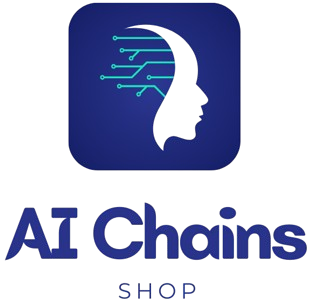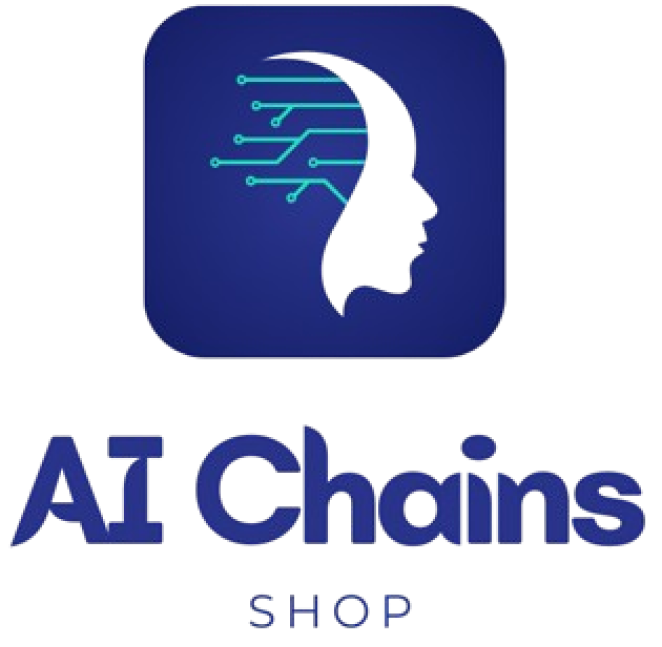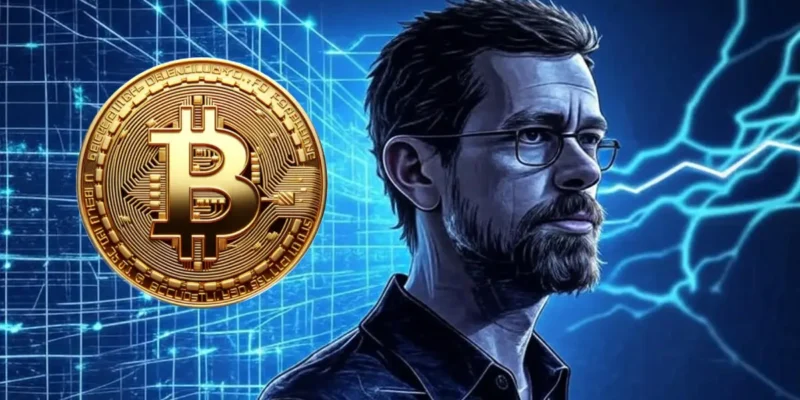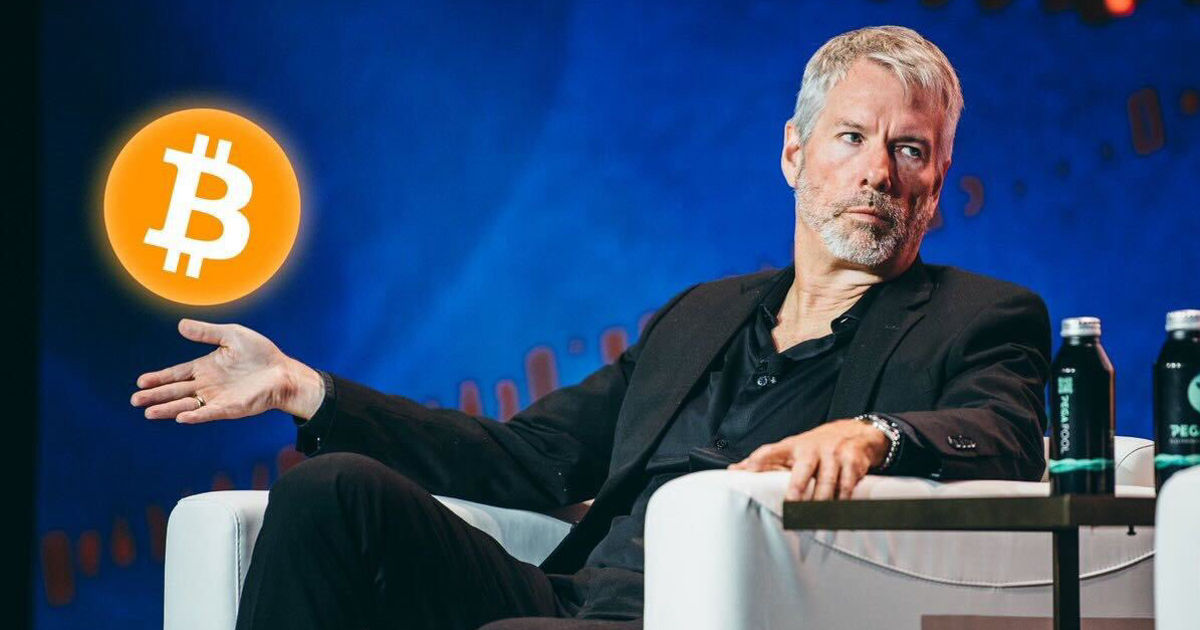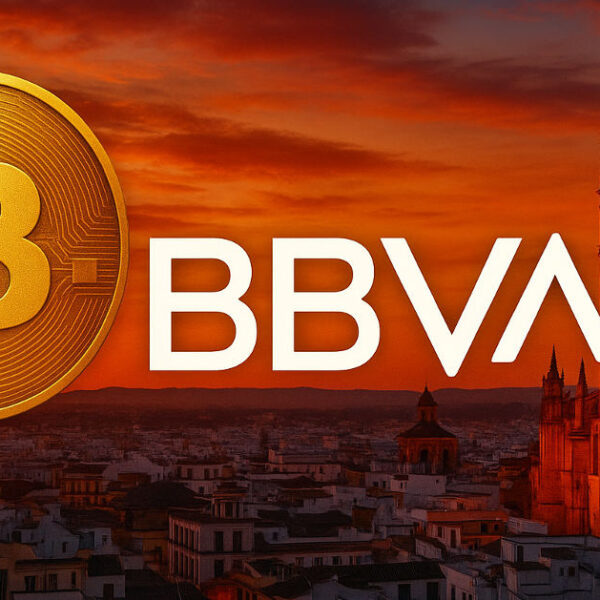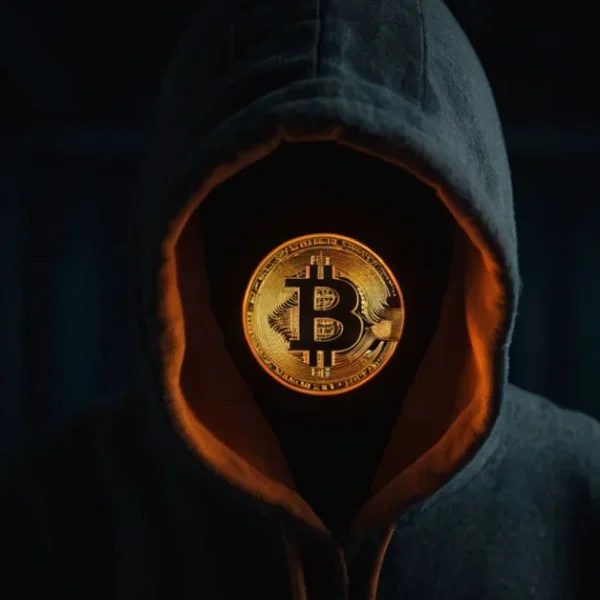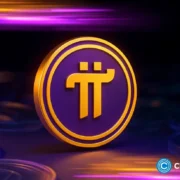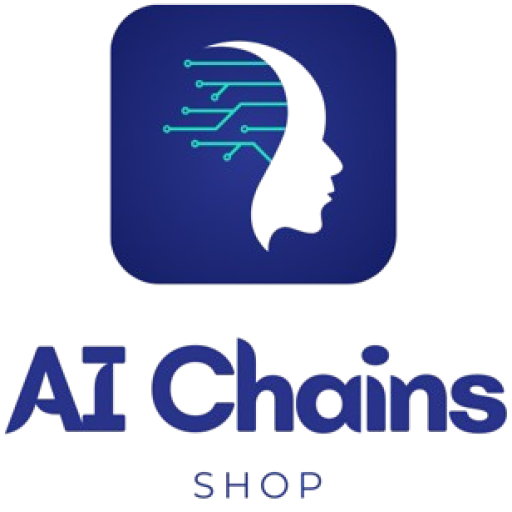How Jack Dorsey’s Block Inc Is Reinventing Finance With Bitcoin
Block, Inc., founded by Jack Dorsey, the co-founder and ex-CEO of Twitter, is a financial technology company with a deepening full-stack connection to the Bitcoin industry through its subsidiaries. Its companies span payments apps and merchant tooling with Bitcoin integration, the development of bitcoin mining hardware, open source software development, a decentralized finance protocol for peer-to-peer markets and even a self-custody hardware wallet.
Formerly called Square and founded in 2009, the company started integrating Bitcoin into its technology offering as early as 2014 via Cash App — its most famous subsidiary — allowing merchants to accept bitcoin payments through the app. In 2021, Square Inc officially rebranded to Block Inc, doubling down on its commitment to Bitcoin and affirming its vision of the future as one where the Bitcoin Blockchain would play a pivotal role. Square became a subsidiary of Block Inc and now deals primarily with payment terminal technology. Today, Block has 8,584 BTC on its balance sheet valued at almost 1 billion dollars, with an average purchase price of $30,405 dollars per bitcoin.
Of Block’s subsidiaries and investments, most have explicit connections to Bitcoin or blockchain systems such as Cash App, Bitkey, Proto, Spiral, TBD and Tidal. All of them are advancing Bitcoin adoption at various levels of the industry and have growing influence and gratitude from the Bitcoin community. Jack Dorsey has been a leading donor to various Bitcoin nonprofits and community efforts, including OpenSats, which funds open source Bitcoin development and through which a great deal of Nostr — a Bitcoin-native social network protocol — has been bootstrapped.
In an exclusive interview with Bitcoin Magazine, Mile Suter, product lead at Block shared insights into their vision for the future and Bitcoin’s ideal role in it, saying that, “We think Bitcoin achieves its ultimate destiny when it’s being used as everyday money. Just like Satoshi intended. I think that Bitcoin as a global financial infrastructure that everyone can access lets companies like Block operate in a much more global manner. And I think that payments are essential to maintaining the core properties that make Bitcoin unique and ultimately will make it win in the long run.”
Below you’ll find short overviews of some of Block’s Bitcoin-related companies, particularly those serving retail, with exclusive quotes from Suter on how they serve critical roles in the path to hyperbitcoinization.
Square
Launched in 2009, Square is a point-of-sale (POS) system enabling merchants to accept card payments and manage operations like inventory, payroll, and business loans. Serving four million sellers and processing $241 billion annually as of 2024, Square announced that it began rolling out Bitcoin payments for merchants at the Bitcoin Vegas conference in 2025, allowing them to accept bitcoin seamlessly via its POS hardware.
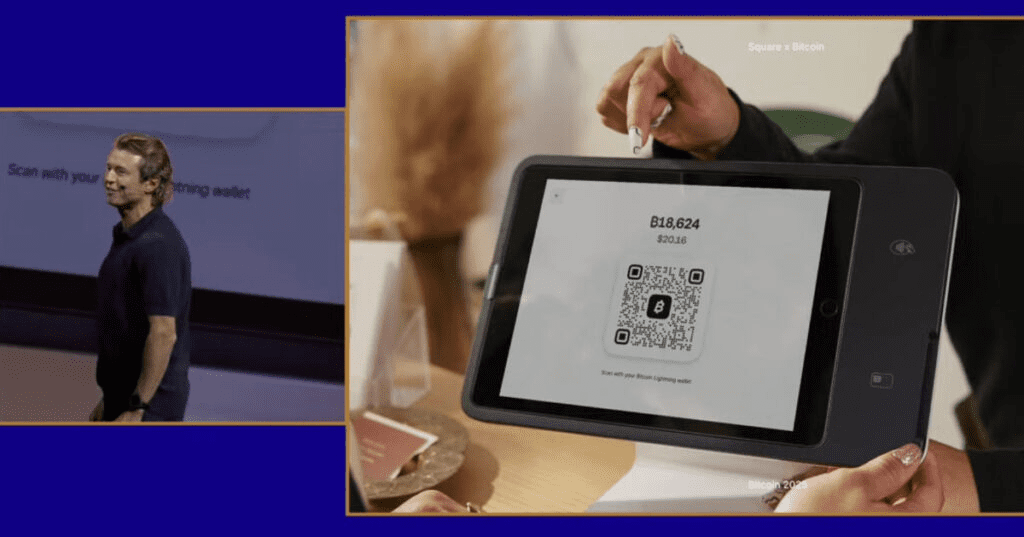
The move marks a major milestone in Bitcoin’s integration with retail payment systems, establishing a missing pillar up until now in the business toolkit needed to really use bitcoin as a medium of exchange. “On the Square side, we have over 4 million merchants in the U.S. with a full suite of point-of-sale, inventory, taxes, reporting, like the best in the business in terms of traditional payments processing. This initiative goes beyond just Bitcoin payments,” said Suter.
With the full-stack accounting integration of Bitcoin, merchants that wanted to accept the digital currency but could not because of lack of tooling now have the door wide open. But the vision is greater than that. “And we’re going to be offering a full-stack Bitcoin banking suite specifically designed for small businesses,” Suter added, leaning into the growing trend of bitcoin treasury companies and strategies that is dominating Bitcoin news today.
Companies will soon have all the tools to accept bitcoin payments and put them directly into their company treasury rather than instantly sell bitcoin for dollars. If they need liquidity, they are already able to put that bitcoin as collateral and get dollar-denominated loans straight to their bank account via companies like Unchained — though, without a doubt, Block is also moving in that direction for their clients. Suter added that “one thing I love about this full-stack Bitcoin banking suite is that we’re democratizing access to Bitcoin treasury tools that were previously only available to large corporations. I believe that holding Bitcoin on your balance sheet shouldn’t just be a Wall Street luxury.”
Cash App
Cash App, perhaps the most renowned brand within the Block portfolio, completes the retail payments side of the hyperbitcoinization engine Block is building. Introduced in 2013, Cash App is a consumer-focused digital wallet with a reported 57 million active users in 2024, offering person-to-person payments, debit cards, stocks and Bitcoin trading, and tax filing. Cash App reported $10 billion in bitcoin-sourced revenue in 2024, making up 62% the total, by charging ~2% per trade.
Cash App might also be the first mainstream payments app to integrate Lightning, Bitcoin’s payments network. It is at the cutting edge of the industry, producing the highest publicly disclosed, bitcoin-denominated revenue but operating the Lightning Network at 9.7% return. This is not some weird crypto magic yield, and can only be achieved by making sure bitcoin payments are incredibly efficient and reliable. Suited noted that “to me, it’s proof that Bitcoin is already a functioning payment network, not digital gold. It’s more than that. And I don’t want to get too into the weeds here, but I can confidently say that we have the most talented set of Lightning engineers in the world working on these problems.”
Exalted about the success of Cash App’s Bitcoin integration, Suter added that “we’re super excited about Lightning’s role in making Bitcoin everyday money because that’s really, from a Block Inc. perspective, we believe that’s essential for Bitcoin’s future, Satoshi’s original vision, peer-to-peer electronic cash.”
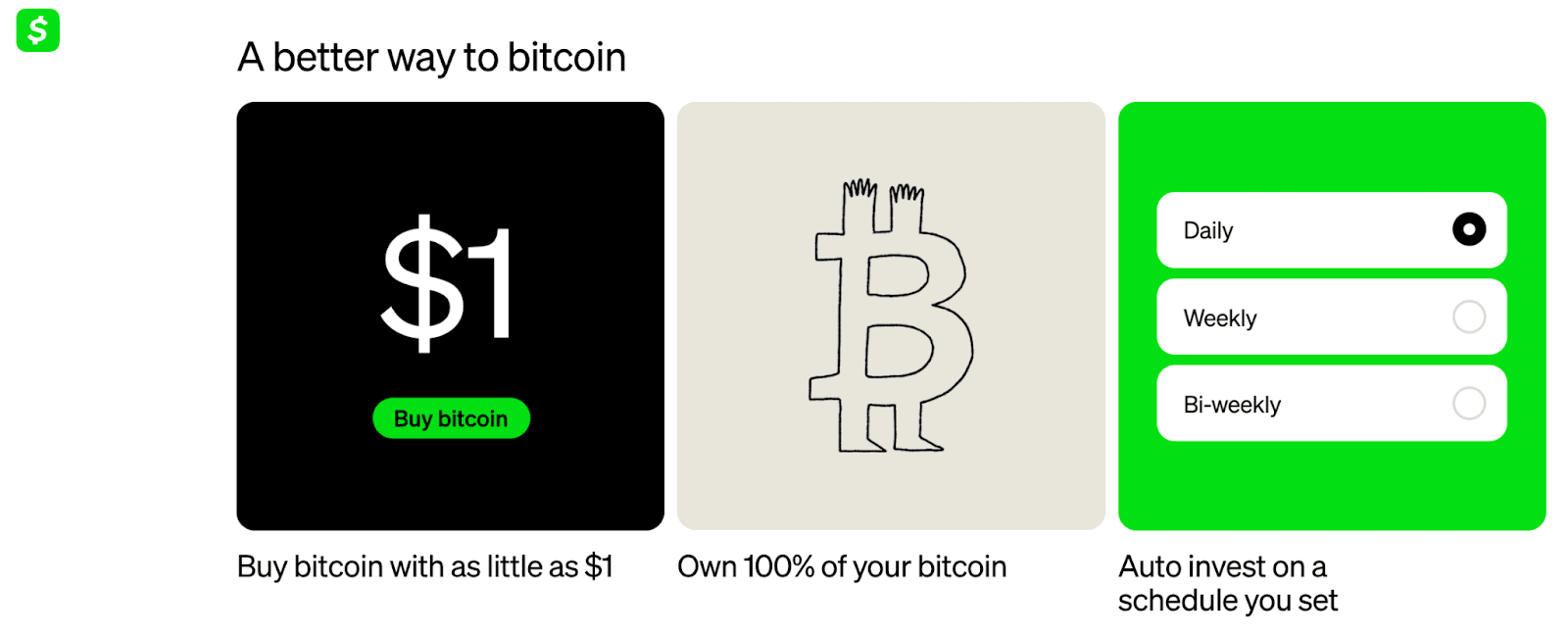
Consumers cannot just easily buy and send bitcoin via Cash App, but also automate purchases, an investment strategy known as DCA or dollar cost averaging, which has been mathematically demonstrated to be one of the best investment strategies there are in bitcoin.
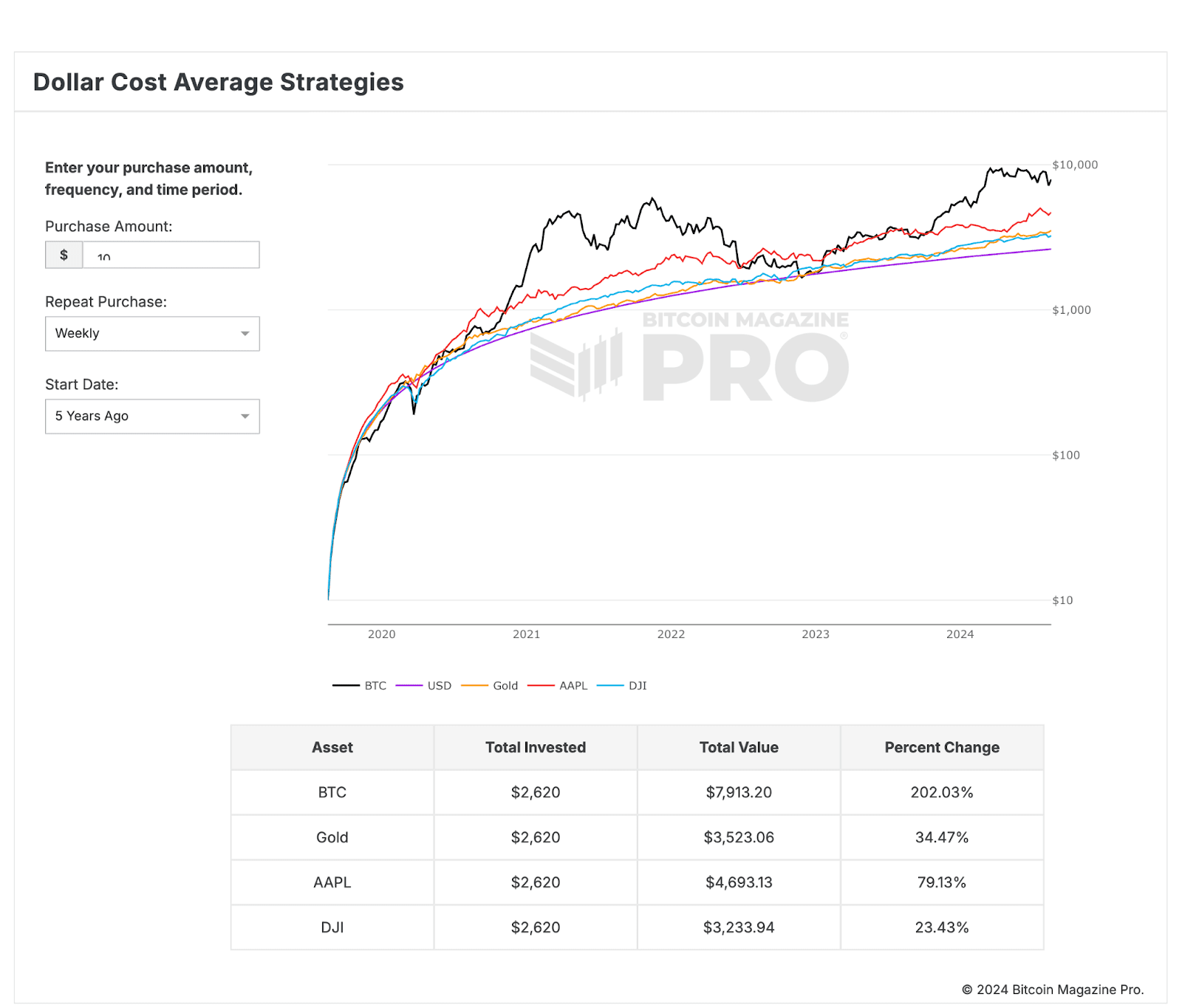
The combination of Cash App and Square unlocks what tech people call a “fly wheel,” a term used to describe self-reinforcing loops of consumer and business behavior that can drive a business to new heights and which is usually not possible if a building block in that business logic is missing. Perhaps with these two major integrations, the vision of Bitcoin payments dreamt about by early adopters for over a decade, which have not really worked very well up until now, can finally become a reality.
Bitkey
Anchored in the fundamental value proposition of Bitcoin — censorship resistance through individual liberty and self custody — Block has launched a new hardware wallet product called Bitkey. The device is designed specifically for Bitcoin security, using a popular technology called multisignature, which decentralize the passwords — private keys— needed to move the bitcoin to three different devices: the Bitkey hardware, a key stored for recovery in Block’s servers and a third key encrypted with the user’s credentials and stored on the user’s chosen Google drive account.
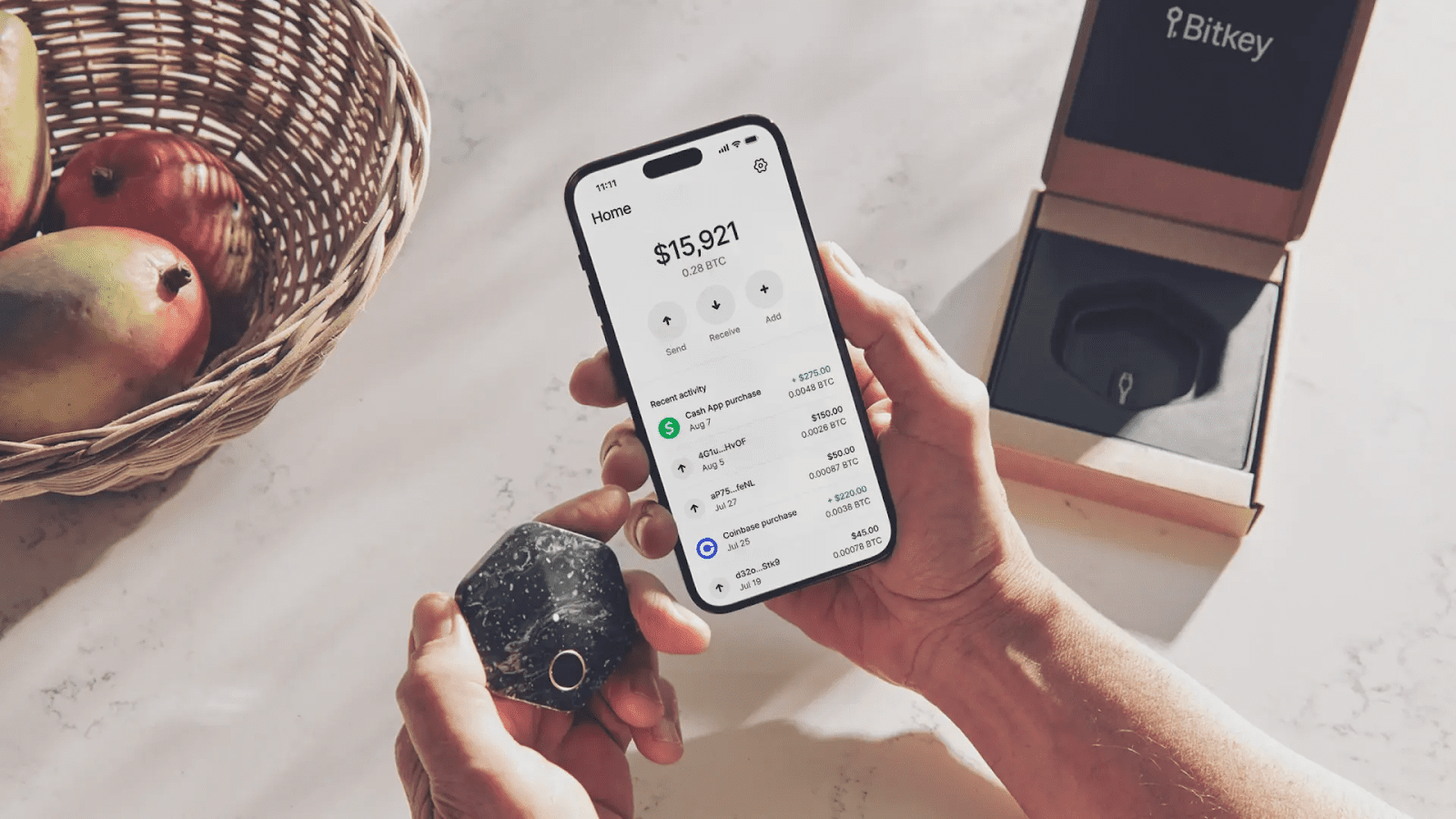
The Bitkey, launched globally in 2024, makes various design choices that depart from the way other hardware wallets in the industry function — the most primary and controversial difference being that it never shows private key material to the user. Unlike every other hardware wallet and most self-custody Bitcoin and crypto apps, Bitkey hides key material almost entirely from the user, instead giving them various well-designed tools to secure, recover and inherit their bitcoin securely to their loved ones. Suter noted that “we built Bitkey to expand who can safely self-custody. We — Bitcoiners — joke that you should onboard your grandma to self-custody, but I hear countless stories of that being true and people reaching out because the onboarding was so seamless.”
The device looks and feels like alien technology, every unit with a unique mixed stone pattern, and that lights up to the touch, like it is alive. It is a profound rethinking of self custody, born of a deep critique of the user experience of the traditional Bitcoin seed backup approach. While the design has been in the market for barely a year and no public data on sales numbers has been released, it will be interesting to see if they can break new ground into hardware wallet adoption — a metric historically poor for an industry so culturally defined by self custody.
